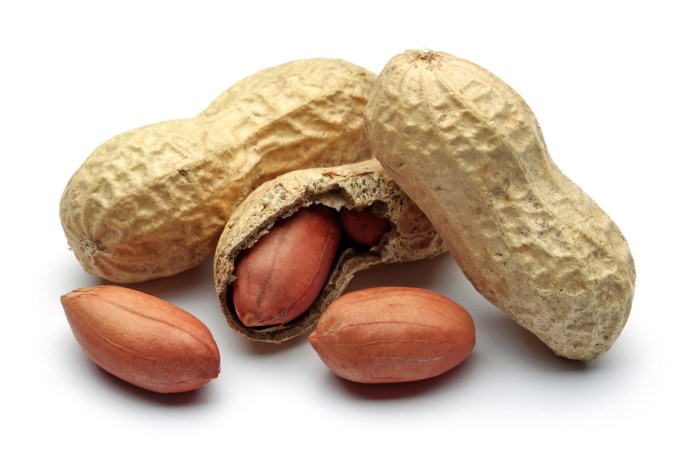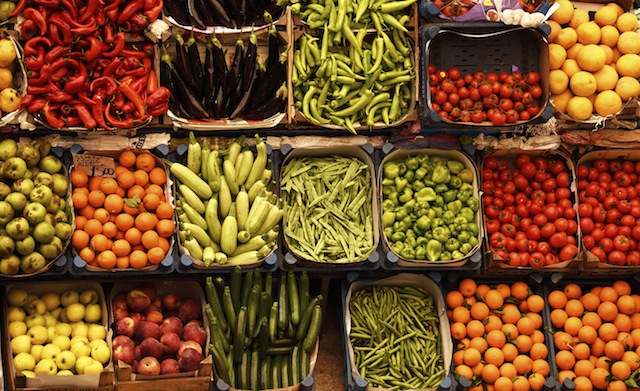Go ahead, order that second Bloody Mary with an extra side of tomato juice: A new study conducted by researchers at The Ohio State University suggests that tomatoes can cut the risk of developing skin cancer tumors in half.
For the study, researchers fed a group of male mice a diet that include 10 percent tomato powder sourced from either tangerine or red tomatoes for 35 weeks. Afterward, they exposed the mice to ultraviolet light and found that they were 50 percent less likely to develop skin cancer tumors than male mice that didn’t get the special tomato-based food.
The theory, according to study co-author Jessica Cooperstone, is that the compounds that give tomatoes their color — known as dietary carotenoids — may help protect skin against UV damage.
One of the primary carotenoids in tomatoes, Lycopene, is shown to help reduce sunburn risk in humans, but “when comparing lycopene administered from a whole food (tomato) or a synthesized supplement, tomatoes appear more effective in preventing redness after UV exposure, suggesting other compounds in tomatoes may also be at play,” Cooperstone said.
The study is a bright spot in pretty bleak skin cancer statistics. In all, about 2.2 percent of men and women in the United States will develop the most deadly form of skin cancer, melanoma, at some point in their lives. The National Cancer Institute estimates that there will be over 87,000 new cases of melanoma in 2017 with an estimate 9,7330 deaths. Non-melanoma skin cancers, like Basal cell carcinoma and Squamous cell carcinoma, aren’t as dangerous, but treatment can be disfiguring and costly.
Though the study wasn’t done on humans, it did show that there may be a difference in how men and women develop skin cancer. Only male mice showed a reaction to the tomato diet; the number of tumors in female mice didn’t change.
“This study showed us that we do need to consider sex when exploring different preventive strategies,” said senior author Tatiana Oberyszyn. “What works in men may not always work equally well in women and vice versa.”
At the very least, it shows that maybe asking for extra tomato sauce on your pizza isn’t a bad idea, especially if you’re about to head outdoors in the blazing summer heat. Just don’t forget the sunscreen.



















